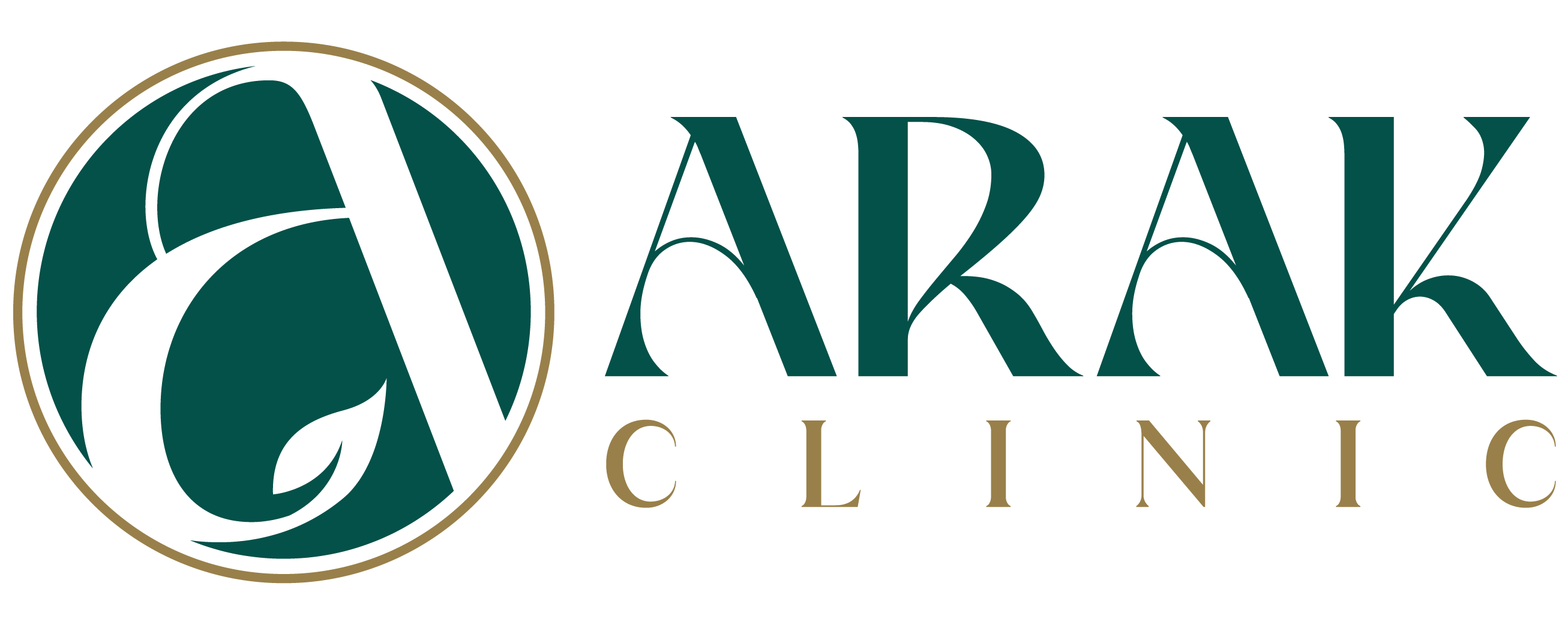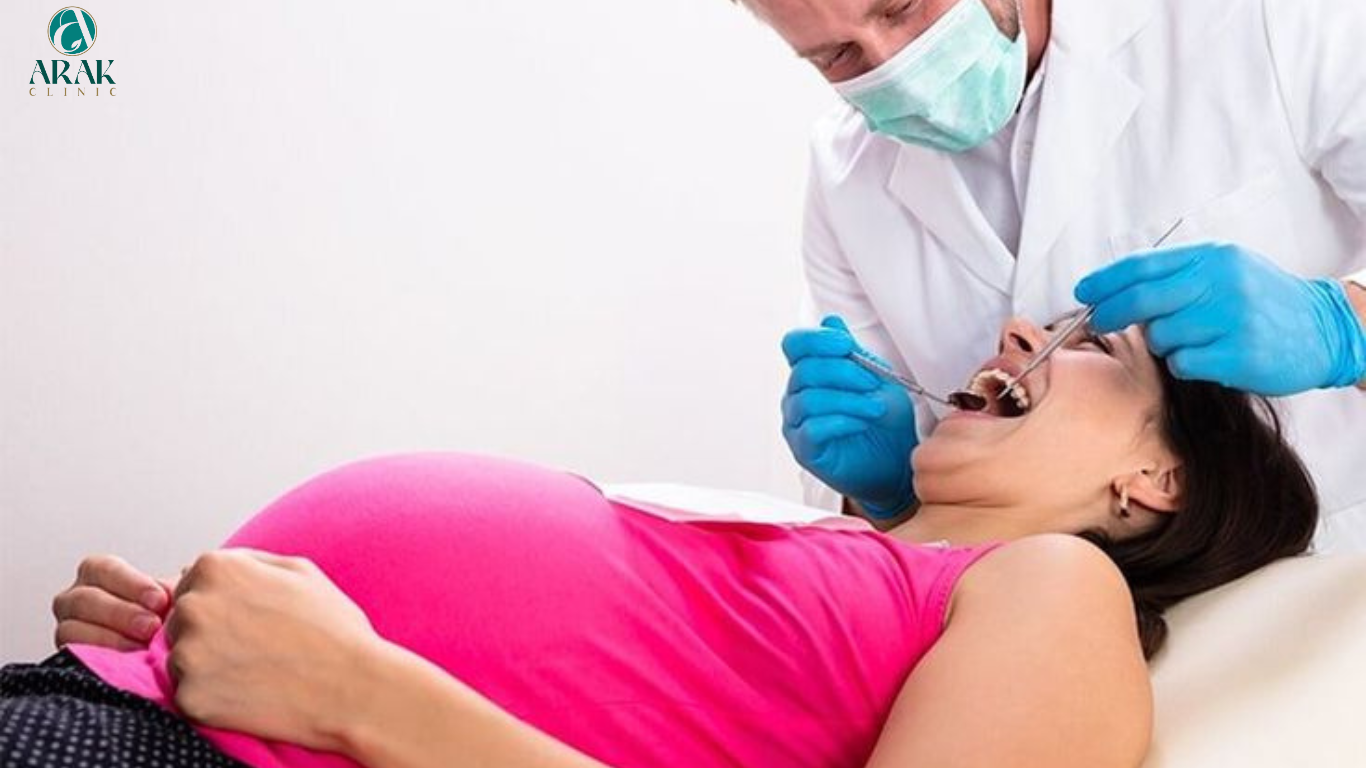Pregnancy is a transformative journey that brings about numerous changes in a woman’s body, including potential effects on dental health. While it’s common to hear various myths and misconceptions about dental care during pregnancy, separating fact from fiction is essential for maintaining optimal oral health for both mother and baby.
Let’s explore the impact of pregnancy on dental health, debunk common myths, and uncover the facts behind maintaining a healthy smile throughout pregnancy.
Myth: Pregnancy leads to “bad teeth” or tooth loss.
Fact: Pregnancy itself does not cause tooth loss. However, hormonal changes during pregnancy can increase the risk of certain dental issues, such as gum disease and tooth decay, if proper oral hygiene practices are not maintained. Regular brushing, flossing, and dental check-ups are essential for preventing dental problems during pregnancy.
Myth: Dental treatment should be avoided during pregnancy.
Fact: Routine dental care, including cleanings, exams, and necessary treatments, is safe and recommended during pregnancy. Delaying dental treatment can lead to worsening oral health issues and potential complications. Dental procedures can be performed safely during pregnancy, especially during the second trimester when the risk to the developing fetus is minimal.
Myth: Morning sickness causes permanent damage to teeth.
Fact: While frequent vomiting due to morning sickness can expose teeth to stomach acids and increase the risk of enamel erosion, proper oral hygiene measures can help mitigate the effects. Rinsing the mouth with water or fluoride mouthwash after vomiting, waiting to brush teeth to avoid further enamel damage, and consuming acidic foods and beverages in moderation can help protect tooth enamel.
Myth: Pregnancy causes “pregnancy gingivitis” that will resolve after childbirth.
Fact: Hormonal changes during pregnancy can lead to an increased risk of gingivitis, a mild form of gum disease characterized by red, swollen, or bleeding gums. Without proper dental care, gingivitis can progress to more severe gum disease. It’s essential to maintain regular dental check-ups and practice good oral hygiene habits to prevent and manage pregnancy-related gingivitis.
Myth: Dental X-rays should be avoided during pregnancy.
Fact: Dental X-rays are safe during pregnancy when necessary precautions are taken to minimize radiation exposure. The American College of Obstetricians and Gynecologists states that dental X-rays are considered safe during pregnancy, especially when lead aprons and thyroid collars are used to shield the abdomen and thyroid gland.
At Arak Clinic, we understand the unique dental care needs of expectant mothers and provide safe and comprehensive dental services tailored to each patient’s individual needs. Our experienced dental team is committed to ensuring the health and well-being of both mother and baby throughout pregnancy and beyond.





